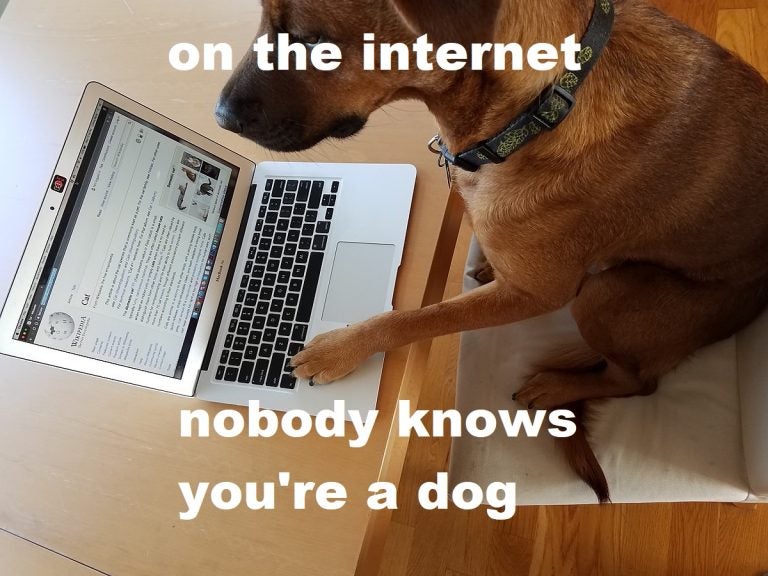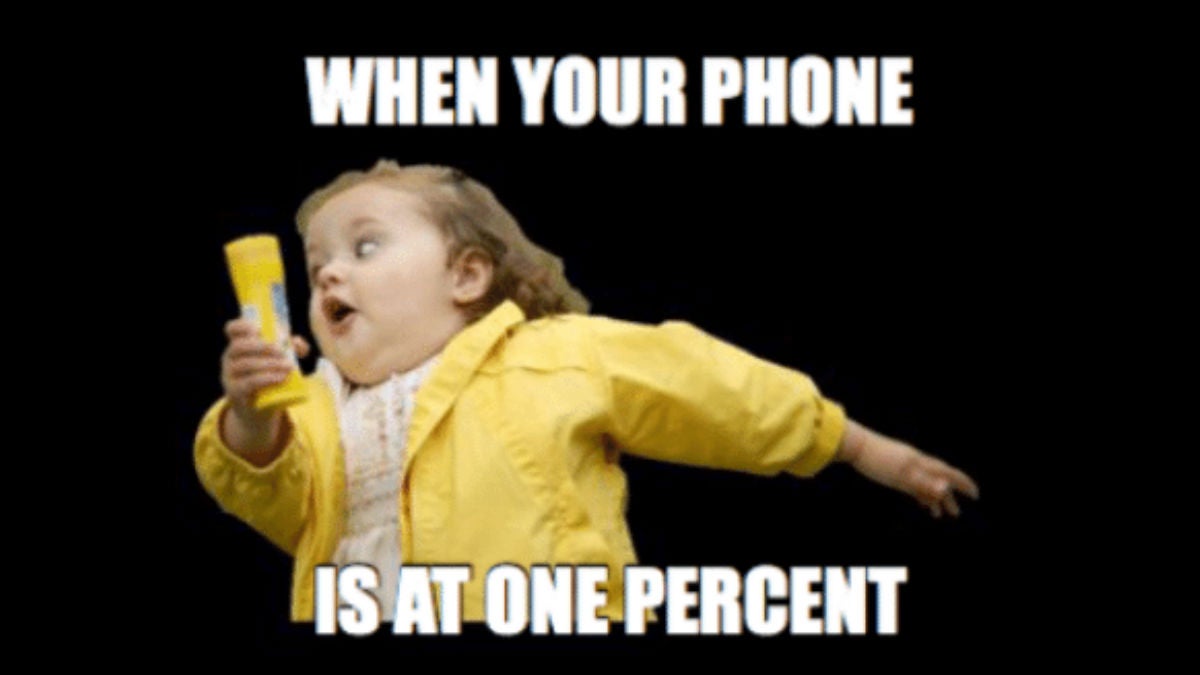Could memes be our best weapon against internet bots? Del. researchers want to find out
Half of all internet traffic is estimated to be bots. Researchers at the University of Delaware hope to deploy memes in the effort to defeat them.

(Digimedcult/Wikimedia Commons)
Could internet memes be new heroes in the war against web bots? Researchers at the University of Delaware are exploring that possibility.
Web bots are automated programs that crawl the internet, often performing tasks much faster than a human user could. Some bots perform beneficial tasks, such as indexing information for search engines like Google. More malicious bots can be programmed to distribute spam, gather password information, or launch denial-of-service attacks.
“The bad guys no longer attack by typing on their keyboards. They write programs, and the programs attack you and change and do things rather quickly,” said University of Delaware computer engineering professor Chase Cotton.
Researchers are very interested in finding ways to combat these automated attacks. For years, one of the most visible defenses has been the CAPTCHA system — the “prove you’re a human” test that requires users to decipher letters or numbers that are surrounded by squiggly lines. Other CAPTCHA tests require users to prove their humanity by identifying which pictures contain a specific object, like a crosswalk.
The problem with CAPTCHA (which stands for Completely Automated Public Turing test to tell Computers and Humans Apart) is that some bots are being programmed to solve the tests.
“It turns out that that scheme is actually pretty amenable to artificial intelligence solving it,” Cotton said.

So in an effort to build a better mousetrap, or bot trap, Cotton is working with UDel doctoral student Ishaani Priyadarshini to enlist memes in the fight. While there has been some success in teaching bots to understand humor or sarcasm, Priyadarshini said memes are understood on a much higher level then simple jokes.
“They can interpret sentences that contain humor, but understanding memes is something really different,” she said.
She presented the idea at the Future Technologies Conference in San Francisco last month. Users would be asked to prove they are not robots by deciphering the meaning of a meme, choosing the correct answer from a list of four options.
“We have a feeling that humans might be able to interpret one of those options correctly better than bots,” Priyadarshini said.
Some conference attendees brought up how different communities might be less familiar with interpreting memes, especially older users. Priyadarshini said the memes could be targeted to a specific audience to help improve their chances of interpreting the memes correctly.
“For example, if we are working in a finance industry, the memes would essentially relate to stuff that’s going on in the finance industry,” she said. “If you’re a student of the University of Delaware, we’re going to have memes that focus on issues that would be known to students.”
Priyadarshini and Cotton are currently building a data set of memes and their meanings, which should be compiled in a few months. Once that’s done, they hope to implement it for a real world test soon.
WHYY is your source for fact-based, in-depth journalism and information. As a nonprofit organization, we rely on financial support from readers like you. Please give today.





